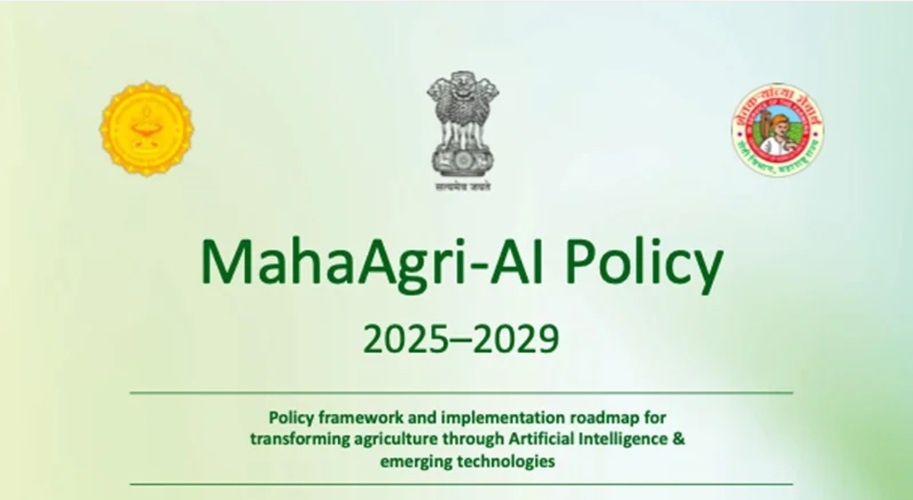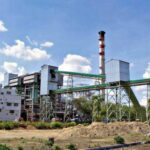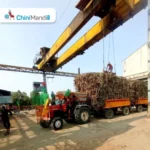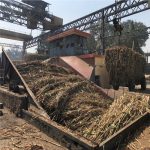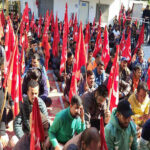The Maharashtra cabinet, led by Chief Minister Devendra Fadnavis, has approved the Maharashtra Agriculture-Artificial Intelligence MahaAgri-AI Policy 2025–2029, aiming to position the state’s agricultural sector at the forefront of the digital revolution.
According to a statement from the Chief Minister’s Office (CMO), the policy will implement sustainable and scalable solutions by leveraging advanced technologies such as Artificial Intelligence (AI), Generative AI, the Internet of Things (IoT), drones, computer vision, robotics, and predictive analytics.
The initiative will support and enhance key ongoing projects, including Agristack, Maha-Agristack, MahaVedh, CropSap, AgMarkNet, Digital Farm School, and Maha-DBT.
To effectively implement the policy, a three-tier administrative framework will be established. An initial allocation of ₹500 crore has been sanctioned for the first three years.
Given the rapid evolution of AI technologies, the policy allows for periodic updates and amendments over its five-year span. To manage this, the government will establish a State-Level Steering Committee, a State-Level Technical Committee, and dedicated institutions such as the Artificial Intelligence and Agritech Innovation Centre and the Agricultural Artificial Intelligence Research and Innovation Centre within the state’s agricultural universities.
The policy is designed to establish Maharashtra as a leading hub for AI-driven agricultural innovation. It promotes the farmer-centric adoption of AI, enhances research, supports data sharing, and encourages the involvement of startups, private tech firms, agricultural universities, research organizations, Krishi Vigyan Kendras (KVKs), private institutions, and Farmer Producer Organisations (FPOs).
Central to the initiative will be the creation of an independent, full-time Artificial Intelligence and Agritech Innovation Centre, which will act as the implementing body for the policy. This centre will oversee collaboration with national and international partners, promote innovation, select and finance projects, coordinate efforts, and lead capacity-building programs.

